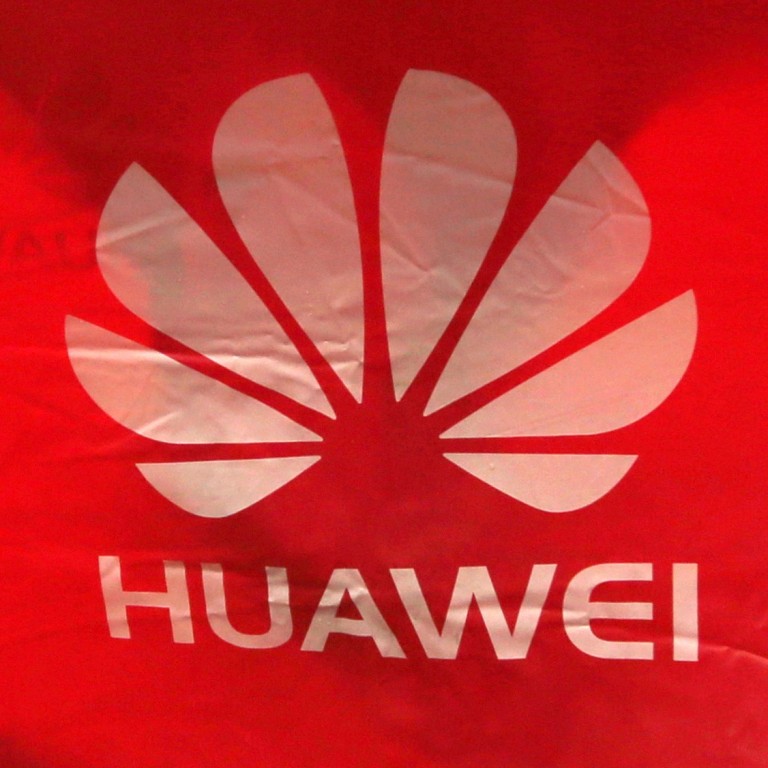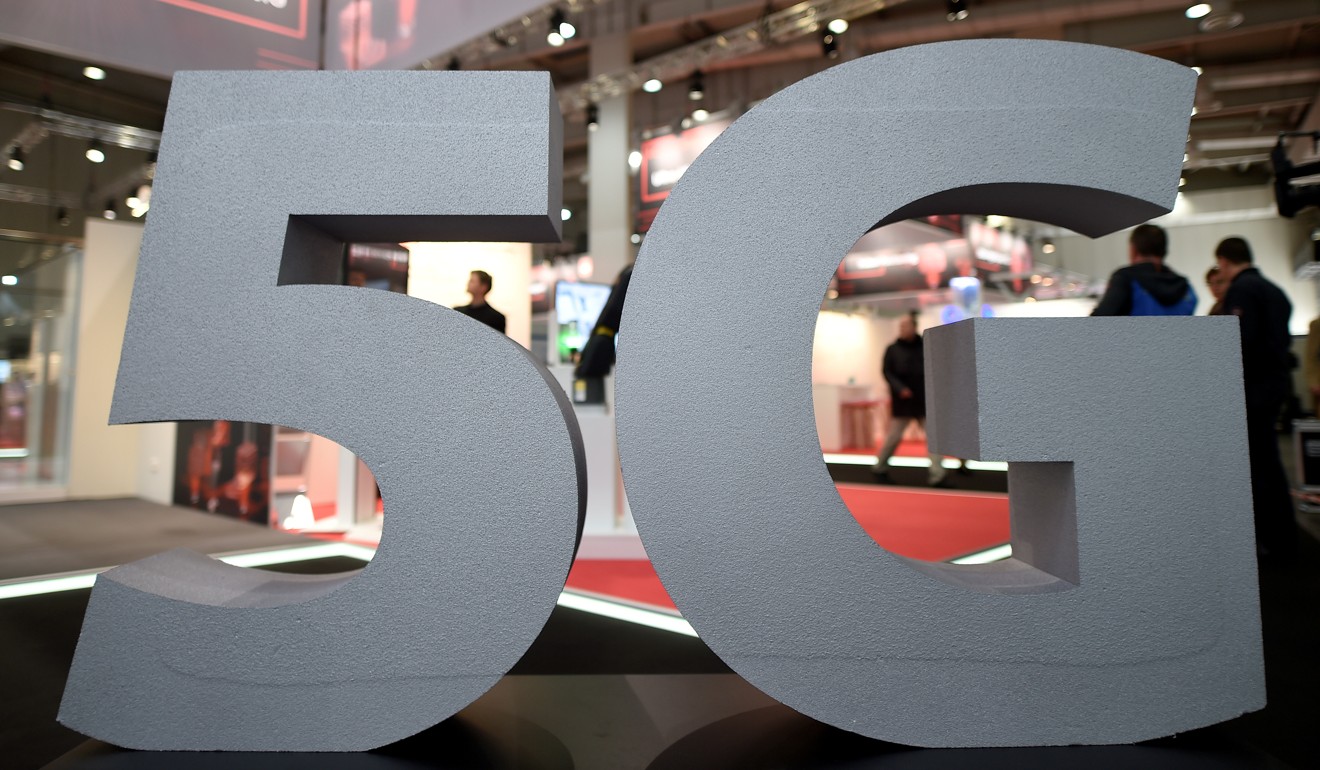
Huawei not bound by Chinese spy laws, company’s cybersecurity chief John Suffolk tells British parliament
- Telecoms giant says legal advisers confirmed Huawei has no obligation to work with Beijing
- Legislation in question has been cited by US in attempt to force governments across the world to drop Huawei from their 5G network plans
Chinese telecoms giant Huawei has been advised it is under no obligation to spy for Beijing if so asked by the Communist state, Huawei’s cybersecurity chief told the British parliament on Monday.
John Suffolk told a committee hearing that Huawei has sought guidance from its lawyers to see if a Chinese law on domestic companies’ cooperation with the government on security matters could force it to conduct foreign intelligence work.
The legislation has been cited by US President Donald Trump’s administration in its attempts to force governments across the world to drop Huawei from their 5G network development plans.
Suffolk’s appearance before the UK parliament’s science and technology committee came as Britain prepares to publish delayed policy guidelines for the next-generation technology’s roll-out.
“There are no laws in China that obligate us to work with the Chinese government with anything whatsoever,” Suffolk said.
“Our legal advice is that is not the case.”
Britain and other states are concerned by a series of Chinese laws that include one adopted in June 2017 covering private companies and intelligence matters.
Our judgment is, is it legal within the countries in which we operate … It’s for others to make a judgment on whether it’s right or wrong
Committee member Julian Lewis cited the legislation as saying that Beijing had the power to “request the relevant organs, organisations and civilians to provide necessary support, assistance and cooperation” to various Chinese security agencies.
Suffolk said the legislation’s “unclear” wording forced Huawei to consult its Chinese lawyers and advisers at London’s Clifford Chance law firm.
“Many countries produce laws that are unclear and we have had to go through a period of clarification with the Chinese government that have come out and made it quite clear that [spying] is not the requirement on any company,” Suffolk said.
US national security under threat due to Huawei ban, tech firms warn
“We have had that validated again by our lawyers and revalidated again by Clifford Chance. I believe there is no such obligation.”
Lewis called Suffolk’s explanation “entirely unbelievable”.
Huawei currently provides the most advanced – and least expensive – 5G technology in the world. It is also widely integrated into Britain’s existing 4G network and has been cooperating with the UK government since 2010 on cybersecurity threats.
British intelligence agencies have been unable to agree whether it was wiser to “manage” risks by working more closely with Huawei – or to fall behind technologically and wait for Western companies to develop their own 5G systems.
Brazil will not bar Huawei from 5G network, vice-president says
The Trump administration has warned that the US may have to stop sharing intelligence with Britain if it builds its new network around Huawei hardware.
British lawmakers have been further unnerved by revelations first made by Australian researchers that Huawei’s technology was being used to conduct surveillance in China’s restrictive Xinjiang region.
Chinese authorities have placed an estimated one million people from mostly Muslim ethnic minority groups – including Uygurs – in internment camps with the help of facial recognition technology.

Suffolk confirmed that Huawei’s equipment was being used by a “partner” in Xinjiang.
“Our contracts are with a third party. It is not something we do directly,” he said.
New Huawei phones lose Facebook, WhatsApp and Instagram
Committee members pressed Suffolk on whether he felt “complicit” in wide-scale abuses of human rights.
“I don’t think it’s for us to make such judgments,” Suffolk said.
“Our judgment is, is it legal within the countries in which we operate. That’s our criteria. It’s for others to make a judgment on whether it’s right or wrong.”

.png?itok=arIb17P0)